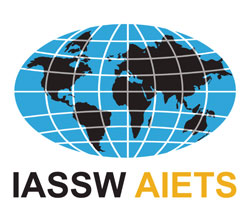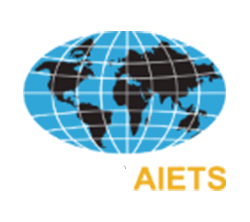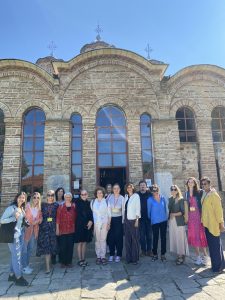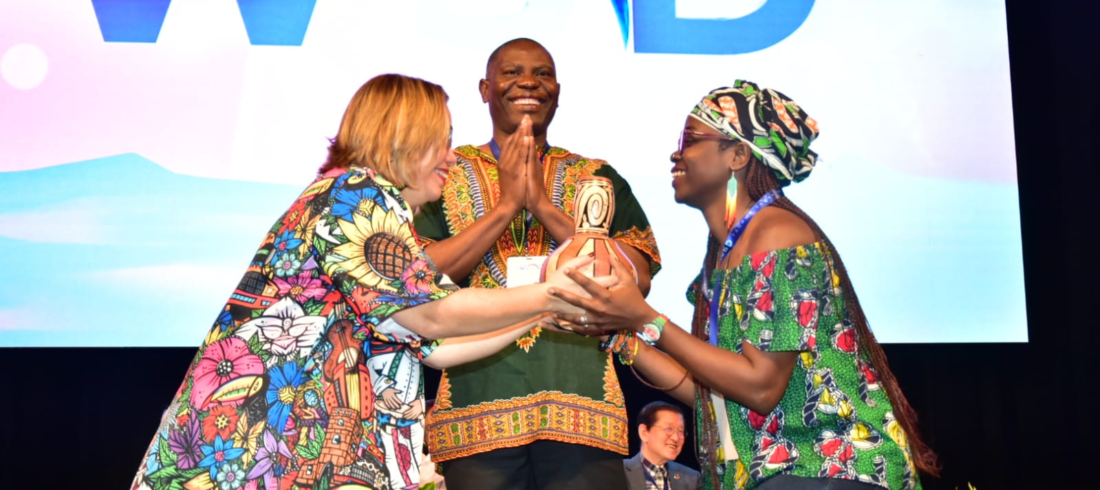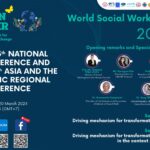International Summer School: “Gender and Leadership: Social Work Education in Southeast Europe”
5– 9 September 2022, University of Prishtina
The first edition of the Summer School “Gender and Leadership: Social Work Education in Southeast Europe”, an undertaking of the Southeast Women’s Academic Leadership Network, comprised of social work scholars and educators from Albania, Bosnia and Herzegovina, Bulgaria, Croatia, Greece, Kosovo, North Macedonia, and Slovenia, and the US, hosted by the University of Prishtina, Kosovo co-chaired by Prof. Vjollca Krasniqi, Prof. Sanela Bašić, and Prof. Barbara W. Shank (see https://www.glsw-see.org/).
The Summer School offered a unique opportunity for students and women scholars – leaders in social work education to enhance knowledge and exchange ideas on gender and leadership within the larger frame of international social work, yet with authentic experiences and situated knowledge from Southeast Europe.
Prof. Annamaria Campanini, President of the International Association of Schools of Social Work, Prof. Darja Zaviršek, President of the East European sub-regional Association of Schools of Social Work along with social work educators’ members of the Southeast Women’s Academic Leadership Network provided lectures and workshops on different topics related to gender and leadership. The main topics covered during the summer school were: Social work leaders responding to the challenges of the current war in Ukraine and reflecting on post-war societies in Bosnia and Herzegovina, Croatia, and Kosovo; human rights issues; historical roots of social work development in the region; reflections on transformative leadership; stress, burnout, and moral courage; the role of women in the social sciences; the issues of female care labour migration across the region, and on the ethical issues related to research and teaching. Experts from the host country presented their work, for example the representative of the Kosovo Women’s Network, the Kosovo Constitutional Court, the Gender Equality Agency, and the non-governmental organization Artpolis. The organised field visits to the Centre for Social Work, Save the Children Kosova/o, and Nevo Concepti provided a deeper understanding of the current social work problems faced by professionals in Kosovo and the social policy responses to them (https://www.glsw-see.org/_files/ugd/49e689_419a37bd52204389aa57b901a50c8443.pdf).
The summer school is an endeavor that fosters leadership through social work theories, research, and practices to inform policies and activism on gender and social justice locally and globally. Conceptualized as a long-term endeavor, the school will continue evolving, developing, and “traveling” in time and space across Southeast Europe fostering collaborations and partnerships with social work schools, social work practitioners, students, communities, and institutions.
Prof. Vjollca Krasniqi,
Department of Social Work, University of Prishtina

